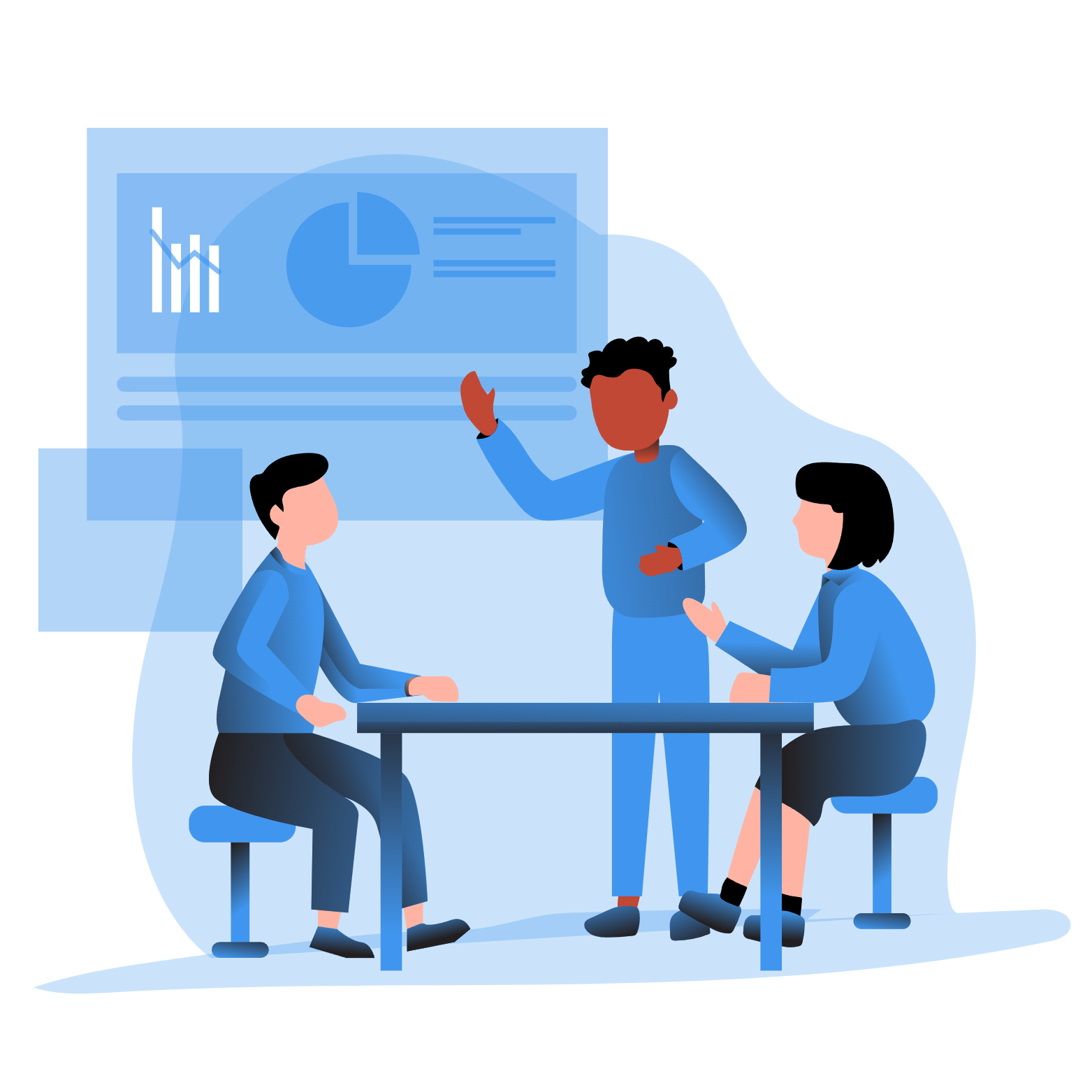
Not sure which communication channel to use? Our Multi-Channel Messaging Planner helps you find the best mix of SMS messages, voice broadcasting, and email messages for your campaign. Get instant recommendations based on urgency and audience size.
Use this free tool to find the optimal mix of messaging campaigns—SMS, voice broadcasting, and email—for your strategy. Get personalized recommendations based on your audience size, campaign goal, and urgency level.
Based on your inputs, for a messaging campaign targeting 1,000 contacts with the goal of Event Invitations & RSVPs and an urgency level of Medium, we recommend using SMS & Voice to maximize effectiveness. This strategy balances reach, engagement, and cost efficiency, with an estimated total cost of $110.00.
Recommendation: For Event Invitations & RSVPs, a mix of SMS, Voice Broadcasting, and Email ensures maximum attendance. SMS is great for reminders, Voice Broadcasting for confirmations, and Email for detailed event info.
| Channel | Recommended | Estimated Cost | Expected Responses | Response Type |
|---|---|---|---|---|
| SMS Campaign | $50.00 | 120 of 1,000 (12%) | Replies via SMS | |
| Voice Broadcasting Campaign | $60.00 | 150 of 1,000 (15%) | Incoming Phone Calls | |
| Email Campaign | $0.00 | 0 of 1,000 | Email Replies | |
| Total | $110.00 | 270 |
Unlike SMS and email, voice broadcasting ensures nearly 100% message delivery. Whether the recipient answers the call live or lets it go to voicemail, the message is still delivered and heard. Most people check their voicemails, making voice broadcasting just as effective as SMS in reaching your audience.
Rate Assumptions:
This chart visualizes the estimated number of responses expected from each communication channel. It helps in understanding the effectiveness of SMS, Voice Broadcasting, and Email based on your campaign inputs.
Why does Voice Broadcasting have the highest response rate?
Voice broadcasting typically leads to higher engagement because phone calls demand immediate attention.
SMS follows closely behind, as messages are read quickly but may not always get an instant reply.
Email tends to have the lowest response rate since messages often end up in crowded inboxes.
Events Response Rate Assumptions:
Effective communication is critical for businesses, nonprofits, and organizations looking to engage their audience. But with multiple messaging channels available—SMS, pre-recorded phone calls and email—how do you determine the best combination for your campaign?
Our Multi-Channel Messaging Planner helps you find the ideal mix based on your audience size, goal, urgency, and expected response rate. Whether you're sending reminders, promoting an event, or delivering time-sensitive updates, this tool ensures your message reaches the right people in the most effective way.
Using multiple communication channels increases engagement and response rates. Each channel has strengths and weaknesses, and the right mix depends on your campaign’s urgency and objectives:
The key to success is using the right combination of these tools to maximize delivery, engagement, and response rates.
Our tool helps you make data-driven decisions by analyzing four key factors:
1. Audience Size
The number of people you're trying to reach impacts cost and messaging strategy. Larger audiences may benefit from a mix of SMS and pre-recorded calls for higher engagement.
2. Messaging Goal
Different messaging goals require different communication methods:
✅ Reminders: Best delivered via SMS and phone calls for high visibility.
✅ Marketing Promotions: SMS and email work well for special offers.
✅ Urgent Notifications: Pre-recorded calls ensure immediate attention.
3. Urgency Level
How soon does your audience need to receive the message?
4. Expected Response Rate
A higher response rate means better engagement. Our tool helps you predict responses based on industry data and audience behavior, ensuring your messages are seen and acted upon.
Imagine you're an event organizer preparing for a conference happening in 7 days. You need to ensure that 1,000 attendees receive reminders and take action before the event.
Optimized Messaging Breakdown for Maximum Engagement
📩 7 Days Before the Event (Today): Send an email with event details, including the schedule, location, and key information attendees need to know.
📲 4 Days Before the Event: Follow up with an SMS reminder to reinforce the event details and provide a quick link for attendees to confirm their attendance.
📞 2 Days Before the Event: Send a pre-recorded phone call as a final reminder, ensuring last-minute confirmations and addressing any potential concerns.
🎤 During the Event: Send real-time SMS alerts for key sessions, schedule updates, or important announcements.
📩 1 Day After the Event: Send a thank-you email with highlights from the event, recordings (if applicable), and a link to a feedback survey.
📲 3 Days After the Event: Send a final SMS follow-up encouraging attendees to provide feedback or take the next step (e.g., sign up for future events).
With the Multi-Channel Messaging Planner, you’ll get instant recommendations on the best mix of email, SMS, and pre-recorded phone calls tailored to your campaign’s needs.
Ready to optimize your messaging strategy? Try our tool now and see the difference in engagement and response rates!
Q1: What is the Multi-Channel Messaging Planner?
A1: The Multi-Channel Messaging Planner is a tool that helps businesses and organizations determine the best communication mix of email messages, SMS messages, and pre-recorded phone calls based on audience size, messaging goal, urgency level, and expected response rate.
Q2: How does the planner determine the recommended messaging mix?
A2: The planner analyzes the user’s inputs, including the number of contacts, messaging goal, urgency level, and expected response rate, to suggest the most effective combination of email, SMS, and pre-recorded phone calls. It also provides an estimated cost and expected number of responses based on industry benchmarks.
Q3: What factors influence the recommended communication channels?
A3: The key factors include the urgency level, the nature of the messaging goal, and the expected response rate. High-urgency messages typically rely on SMS and pre-recorded calls, while less urgent messages may be best suited for email.
Q4: Can I customize the response rate to reflect my industry?
A4: Yes, the tool allows users to input their expected response rate, making the estimates more relevant to their specific audience and industry.
Q5: How accurate are the cost estimates provided by the planner?
A5: The cost estimates are based on standard rates for SMS messages, pre-recorded calls, and emails. While they provide a helpful approximation, actual costs may vary based on service provider rates, message length, and volume discounts.
Q6: What is an example use case for this tool?
A6: An event organizer can use the planner to send reminders to 1,000 attendees before a conference. The recommended strategy might include an initial email with event details, an SMS reminder closer to the event, and a pre-recorded call for last-minute confirmations.
Q7: Can this planner be used for marketing campaigns?
A7: Yes, the planner is suitable for marketing, event promotions, customer notifications, and other mass messaging needs. Users can adjust their messaging goals and urgency levels to find the best approach for their specific campaign.
Q8: Does the tool factor in the cost-effectiveness of each channel?
A8: Yes, the planner compares estimated costs for each channel and suggests a mix that balances efficiency and effectiveness, ensuring the best return on investment.
Q9: What happens after I generate a messaging plan?
A9: After submitting the form, the planner displays a summary of the recommended strategy, including the suggested communication channels, estimated cost, and expected responses. This information can be used to guide messaging efforts and budget planning.
Q10: Can I adjust my inputs and generate a new plan?
A10: Yes, users can modify their inputs and submit the form again to see different recommendations based on their updated criteria.
Read what our satisfied customers have to say about Sigma Voice. Discover how our advanced communication solutions have transformed their business operations and customer interactions.
Tom was awesome! He spent time on the phone helping me get set up. Great intro by Tom to my new voice blast service! Wish I c...
Sigma was very helpful in our company meeting a call documentation requirement for a Federal regulation. Tom gave us great se...
Sigma Voice has allowed our organization to disseminate information quickly, thoroughly and to a wide audience. The software ...
This is the first time I used this company and am extremely pleased with the excellence in customer service. There was no nee...
This service is fantastic. Setting up automated calls is super easy and affordable. I highly recommend it.
Sigma Voice was so easy to set up. I needed to get an immediate message out to my 60+ family members. I sent a sign up messag...
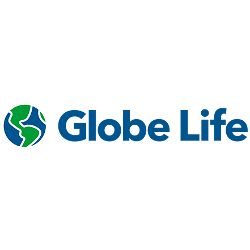
Globe Life is a leading insurance provider known for its trusted coverage and excellent customer service.

Harvard University, one of the world's most prestigious institutions, trusted our solutions for communication excellence.
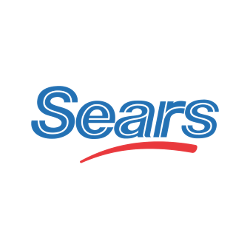
Sears has relied on innovative solutions to improve its customer outreach and retail operations.
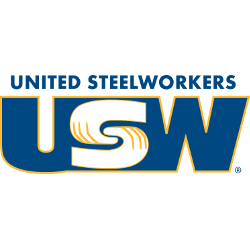
The largest industrial union in North America trusts us for seamless communication solutions.
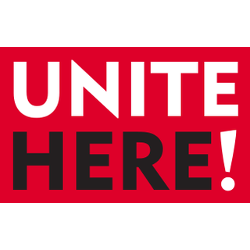
UNITE HERE connects workers across the U.S. with our dependable communication systems.

The American Red Cross depends on us to deliver messages during critical missions and emergencies.
Experience the benefits of Sigma Voice's advanced communication solutions, including IVR, SMS broadcasting, voice broadcasting, and telecom auditing. Sign up today to enhance your customer interactions, streamline your business processes, and optimize your telecom expenses with expert auditing services.
Prefer to talk right away? Call us at (800) 905-9140.
